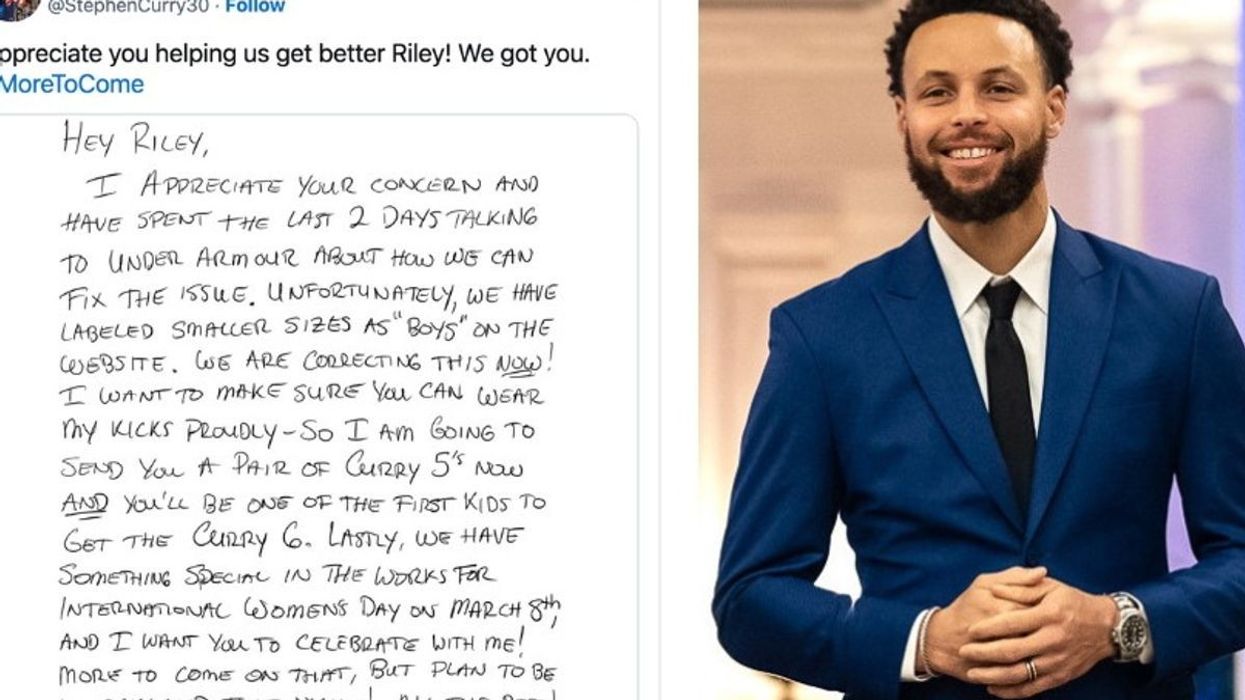I know, Lena, I know. Everyone was all up in arms over the fact that there were no black people on Girls last season (or more specifically, in the Brooklyn where the show’s four white main characters live), and now that you’ve written a black character into the show for season two, people are still complaining. You can’t win for losing. But here’s the thing—dealing with racial inclusion is not like wearing press-on nails. You can’t just put a black person in a scene, or in your vagina, and call it racial awareness.
To be sure, the shock factor of introducing the show’s first black character with a speaking part in a fairly graphic, if entirely unsexy, sex scene is in keeping with the general vibe of Girls. And we all know by now that Lena Dunham likes to be naked. But it struck me as not only contrived, but slightly offensive. With his dark dark skin and her alabaster flesh mashing together, and their overeager dirty talk, it seemed more like some cross between a pretentious student art project and a white-girls-do-black-bucks porn flick, rather than a fun and carefree sex scene. There is zero chemistry between Hannah and her new boyfriend, Sandy—not in the bedroom, and not when he’s chasing her around the coffee shop and tells her, “I love how weird you are,” although I’m open to this changing as his character is further developed.
As one among the many media writers who openly criticized the first season’s lack of racial inclusiveness, I did then also contend that what offended me the most was feeling like I could identify with the girls on the show but they couldn’t (or didn’t want to) identify with me. I felt left out and invisible, which in a day-to-day context, is largely what nonviolent, subtle and systemic racism feels like to a black person. With season two, that Dunham chose to respond to race-based criticism by casting a really good looking black guy as her boyfriend seems especially self-serving, and oddly dismissive of the fact that a good deal of the more pointed critical commentary came from black women who felt excluded. So, I still don’t see you, black women, but I do enjoy fucking your men?
Particularly in light of the continuous (and in my opinion, egregious) onslaught of studies that indicate over 70 percent of black women are currently single and are going to die that way—many of whom, if heterosexual, would prefer to marry a black man—it feels almost covetous. That said, I am quite certain this did not occur to Lena Dunham, which presents its own set of problems. And while I do admire Dunham’s balls-to-the-wall approach to creating the show, putting her work out there, taking great pleasure in her independence and agency as a woman, the race problem on her show is not fixed by including a black character, or strategically placing a “random” black guest at a party. It will be fixed by bringing in black writers, consultants, production assistants, asking lots of questions, and evolving the mindsets of both Hannah Horvath and Lena Dunham so that the worlds in which they live are more a matter of course than of calculation.
Image via Wikipedia













